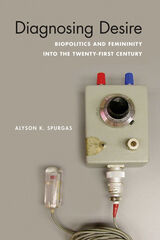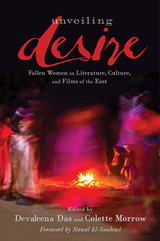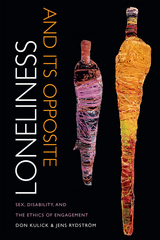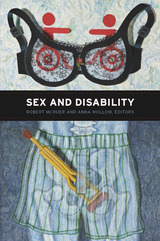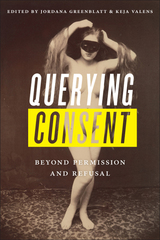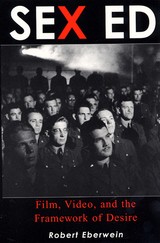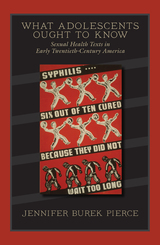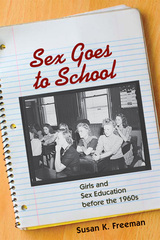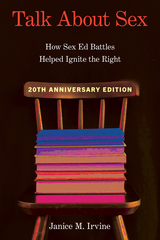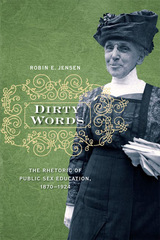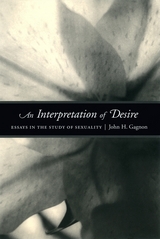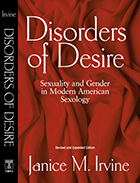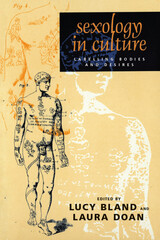Sex Ed: Film, Video, and the Framework of Desire
Rutgers University Press, 1999
Cloth: 978-0-8135-2636-2 | eISBN: 978-0-8135-5858-5 | Paper: 978-0-8135-2637-9
Library of Congress Classification HQ56.E19 1999
Dewey Decimal Classification 613.90710973
Cloth: 978-0-8135-2636-2 | eISBN: 978-0-8135-5858-5 | Paper: 978-0-8135-2637-9
Library of Congress Classification HQ56.E19 1999
Dewey Decimal Classification 613.90710973
ABOUT THIS BOOK | AUTHOR BIOGRAPHY | TOC
ABOUT THIS BOOK
In a 1914 movie, Damaged Goods, a doctor shows a character the horrific effects of venereal disease. In contrast, many of today's sex ed videos encourage viewers to realize their sexuality more fully as a source of pleasure. In Sex Ed, Robert Eberwein demonstrates how films and videos used for sex education have provided a complex ideological framework in which questions of sexuality, gender, and race are compellingly foregrounded.
Eberwein starts his investigation in the silent and early sound eras with educational films used both to warn audiences about venereal disease and to provide basic contraception information. World War II movies, he states, waged their own war against venereal disease-in the armed services and at home. Newer works deal with birth control and focus in particular on AIDS.
Sex Ed also highlights the classroom. Eberwein draws connections between the earliest and most recent examples of educational films as he analyzes their ideological complexity. He concludes by examining marriage-manual films of the early 1970s and very recent videos for couples and individuals seeking instruction in sexual techniques to increase pleasure.
Eberwein starts his investigation in the silent and early sound eras with educational films used both to warn audiences about venereal disease and to provide basic contraception information. World War II movies, he states, waged their own war against venereal disease-in the armed services and at home. Newer works deal with birth control and focus in particular on AIDS.
Sex Ed also highlights the classroom. Eberwein draws connections between the earliest and most recent examples of educational films as he analyzes their ideological complexity. He concludes by examining marriage-manual films of the early 1970s and very recent videos for couples and individuals seeking instruction in sexual techniques to increase pleasure.
See other books on: Desire | Eberwein, Robert | Sex instruction | Sexual health | Video
See other titles from Rutgers University Press


